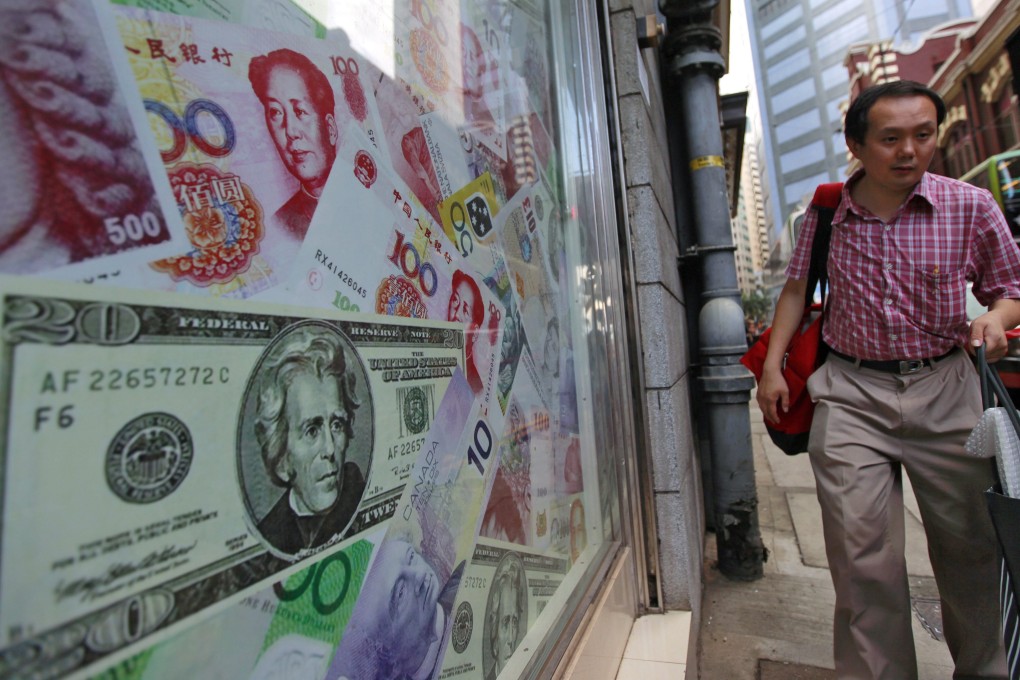Update | China’s FX reserves seen falling due to intervention in onshore yuan market

China’s foreign exchange reserves are expected to have declined from US$100 to US$300 billion last month because the People’s Bank of China intervened to support the yuan in the onshore exchange market, currency traders said on Monday.
French lender Societe Generale estimate China’s foreign reserve fell by US$150 billion to US$3.5 trillion by the end of August. As of end July, China held US$3.65 trillion in foreign exchange reserves, according to the PBOC, down from US$3.69 trillion by the end of June.
“However, the possible range for the decline in reserves could be quite wide, from $100 billion-$300 billion. Given there was a small positive valuation effect of around US$15 to $20 billion from the rally in the euro and Japanese yen, our estimate for the amount of official reserves sold by the PBOC to defend the yuan is in the range of US$115 billion to US$320 billion,” an SG report said on Monday.
“We estimate the current surplus in August at US$40 billion to $60 billion and so total capital outflows for August could be US$255-$280 billion.”
The PBOC, the country’s central bank, surprised the market on August 11 by devaluing the yuan by almost 2 per cent and allowed the currency to depreciated by about 3 per cent during August to trade at about 6.40 to the dollar.
Kalpana Kochhar, deputy director of the International Monetary Fund's Asia and Pacific Department, told Reuters last week there was scope for China to further widen the yuan's trading band.
"What Chinese authorities are doing is what the IMF has recommended for a long time, which is to allow markets to determine the exchange rate," she said about Beijing's decision last month to devalue its currency.